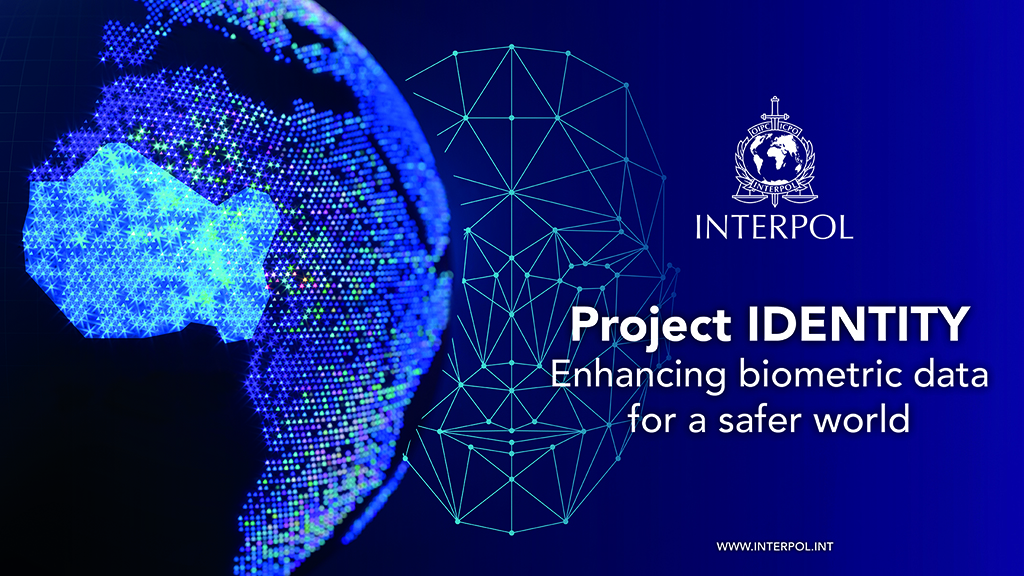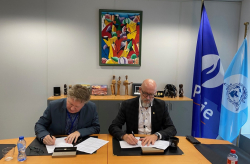Timeframe: 2023 to 2026
Budget: EUR 3 million
Donor: Italy (Ministry of the Interior, Department of Public Security)
The situation
Criminals and terrorists use several means to conceal their identity so they can travel freely and exploit the different challenges faced by border control authorities. This can include travelling with fake documents, fraudulent obtained genuine documents and morphing photos to create fake identity documents.
Advances in biometric technology provides law enforcement with new capabilities to identify suspects and criminals. Consequently, new standards are being developed, adopted and implemented worldwide, to balance security needs and ease of checking border crossing points, such as digital travel credentials, by means of biometric data.
INTERPOL has recently bolstered its biometric capacity, a cornerstone for the identification of suspects, criminals and their victims, with its new Biometric Hub, from which all member countries can benefit to streamline the exchange of biometric data.
Project aims
Through Project Identity, we will work with national police authorities in partnering countries in West Africa to collect and share biometric data in a robust and systematic way.
The two main guiding pillars will be the increased collection of biometric data, and capacity building.
Project activities
Project activities will be built on precise action streams that include the following deliverables:
- Strong engagement with relevant stakeholders, such as police and agencies responsible for forensics,
- Operational deployment of experts to support the collection and sharing of biometric data of criminal subjects,
- Policy development, aimed at developing a legal framework and Standard Operating Procedures for the collection,storage and sharing of biometric data,
- Training events to build capacity of national officials.

Countries involved
Related documents

Related news

Breakthrough in longstanding Dutch missing person case
11 October 2024
INTERPOL welcomes new DNA legislation in Belgium
11 April 2024



